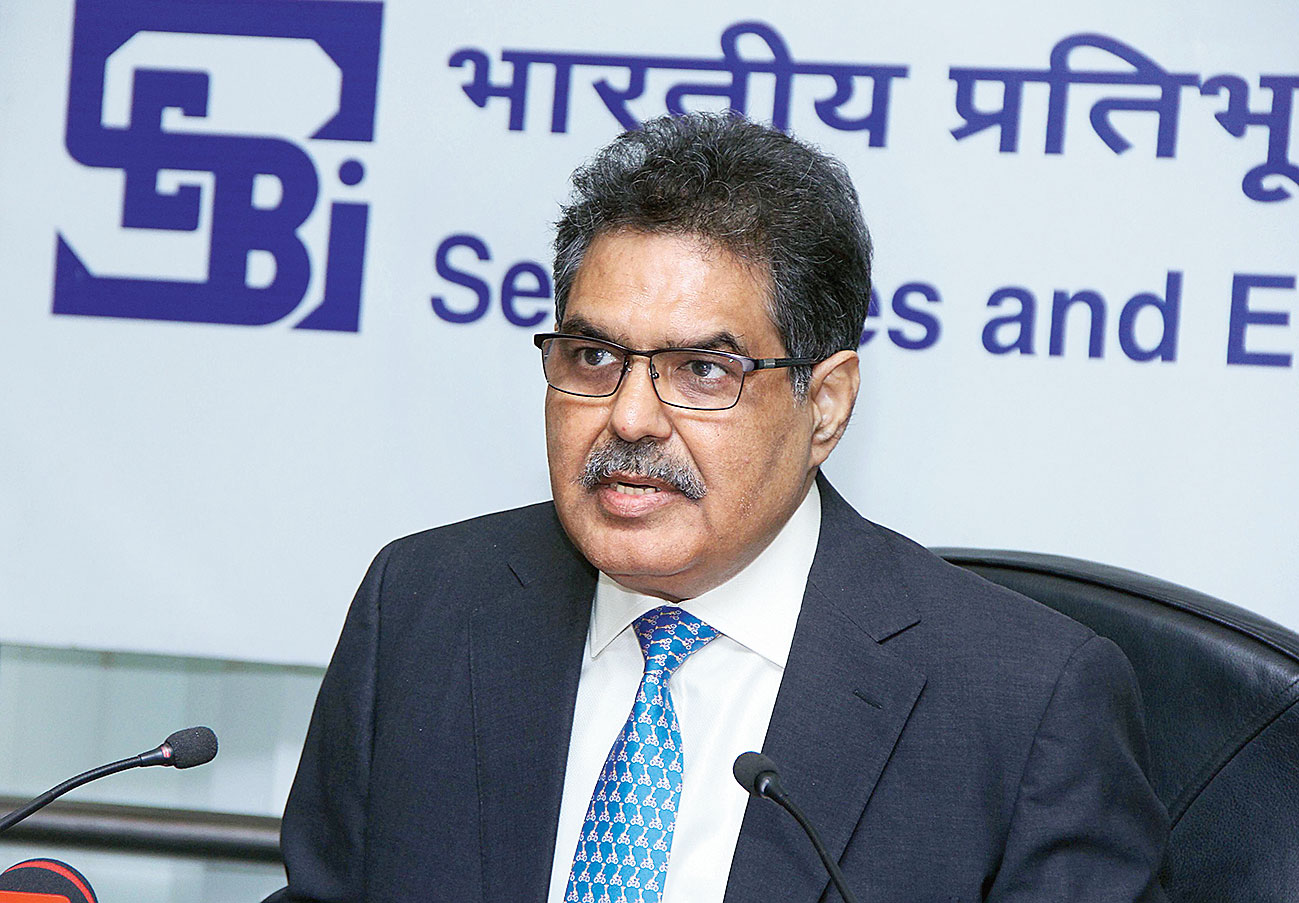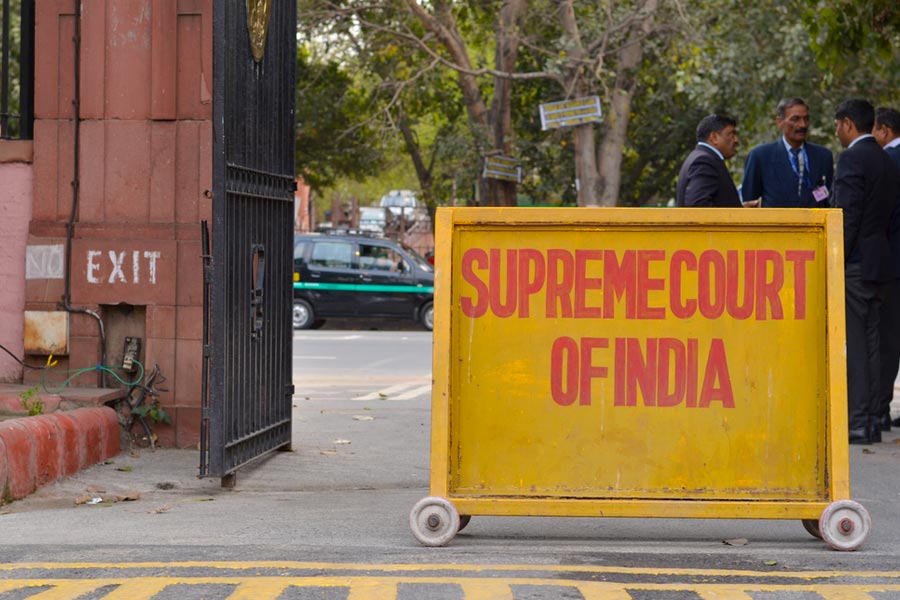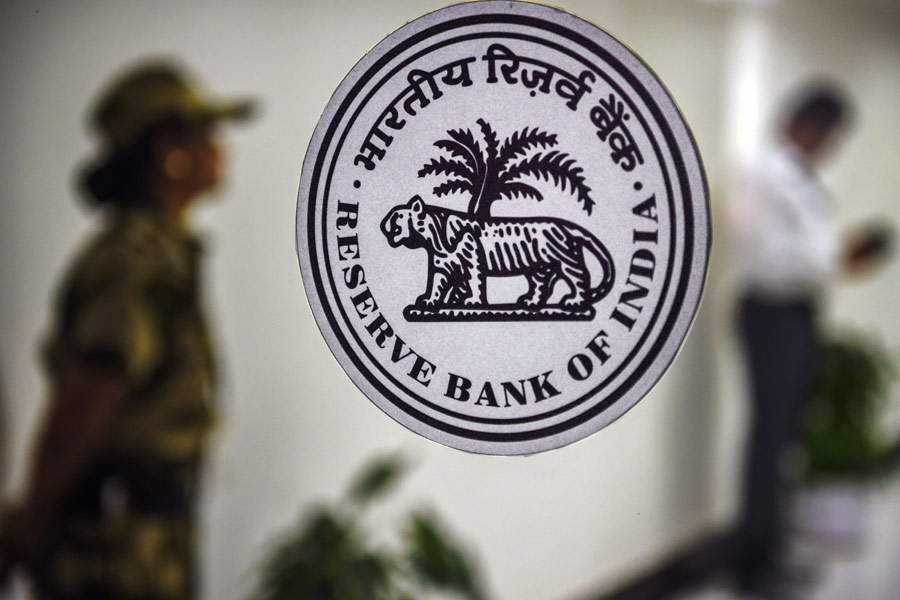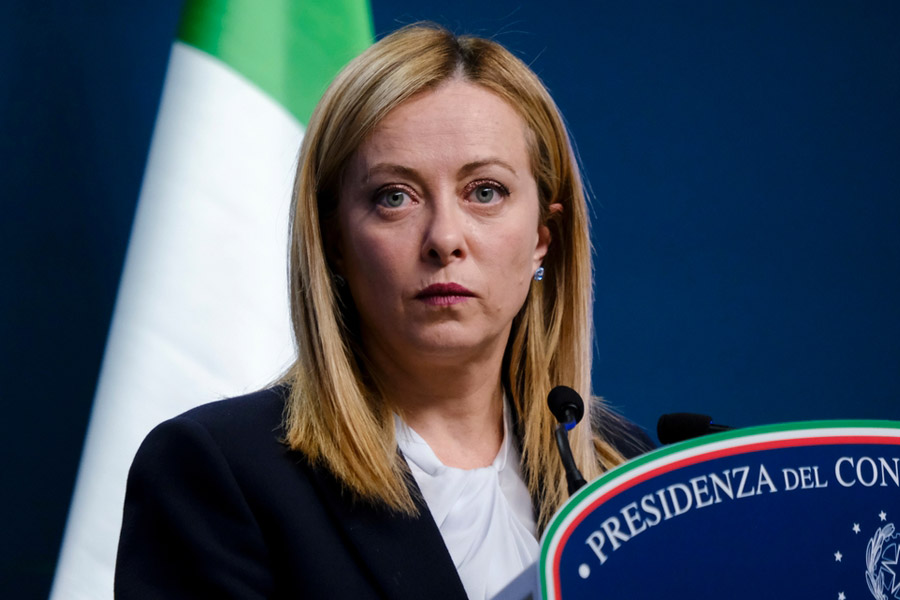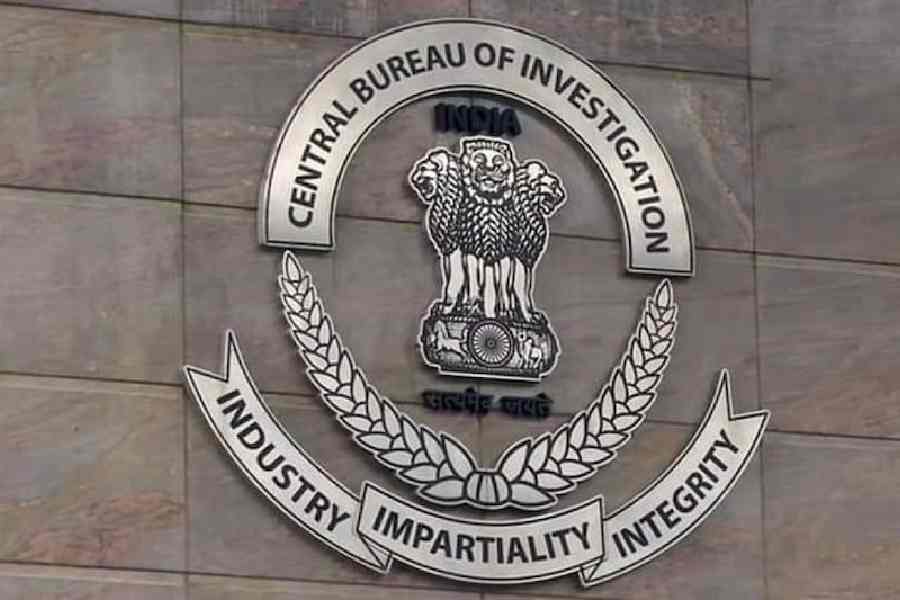The Securities and Exchange Board of India (Sebi) on Thursday tightened its investment rules for liquid mutual funds to improve investor confidence following the NBFC crisis that triggered a wave of defaults by entities such as IL&FS, Dewan Housing and Essel in which the funds had big exposures.
The regulator said the mutual funds should only invest in listed non-convertible debentures. It also limited fresh investments in commercial papers to only listed papers.
Besides, all fresh investments in equity shares by mutual fund schemes shall only be made in listed or to be listed equity shares.
At a board meeting here on on Thursday, it was also decided that liquid schemes should hold at least 20 per cent in liquid assets such as cash, government securities and T-bills.
It also reduced the sectoral caps on funds to 20 per cent from the existing 25 per cent and asked funds to bring down their additional exposure to housing finance companies to 10 per cent from 15 per cent. Another 5 per cent can be invested in securitised debt based on retail housing loan and affordable housing loan portfolios.
Speaking to the press after the board meeting, Sebi chairman Ajay Tyagi came down on the practice of fund houses entering into stand-still arrangements with certain companies. He said the funds were not banks and they were engaged in investment activity and not lending.
Some mutual funds had entered into such arrangements with the Essel and the Anil Ambani-groups where they said they would not sell any stock pledged by the promoters.
“Mutual funds are not banks, so there’s nothing called standstill. They are investing, not lending,” he said. Sebi may take action against fund houses if they delay the pay-out of any fixed maturity plans. Tyagi said the rules announced by the regulator may impact yields, but would make investments safe.
The board also decided that there should be adequate security cover of at least four times for investment by mutual fund schemes in debt securities, having credit enhancements, that are backed by equities directly or indirectly.
Further, the regulator changed the method to value debt and money market instruments by the mutual funds. They will now have to be value the instruments based on mark-to- market instead of amortisation.
Sebi said it was bringing these measures as a few credit events in the fixed income market had led to a rise in liquidity risks of mutual funds.
It had set up working groups representing asset management companies and industry representatives to review the risk management framework with regard to the liquid schemes. It also assessed the existing practices of the valuation of money market and debt securities.
Cox & Kings default
Travel and tour company Cox & Kings on Thursday said it has defaulted on the payment of commercial papers due to cash flow mismatch and a situation exacerbated by rating downgrade.
The company was required to pay Rs 200 crore but was able to pay only Rs 50 and defaulted on Rs 150 crore.
Cox & Kings said it would meet its financial obligations “through a combination of internal accruals and monetisation of assets”.
A graded exit load will be levied on investors of liquid schemes, which invest in short term instruments of up to 91 days, if they quit within seven days.
Responding to a query, Tyagi said the regulator had issued show-cause notices in two cases — HDFC AMC and Kotak Mahindra Mutual Fund — and that adjudication had started in both these cases.
Authorities have been concerned about the liquidity issues being faced by some non-banking finance companies (NBFCs) and have taken efforts to mitigate any contagion risks.
Responding to a query, Tyagi said that the regulator has issued show-cause notices in two cases (HDFC AMC and Kotak Mahindra Mutual Fund) and that adjudication has started in both these cases.
The collapse of Infrastructure Leasing and Financial Services (IL&FS) last year triggered a series a defaults across the shadow banking sector, as borrowing costs for the sector surged forcing them to turn to mutual funds.

